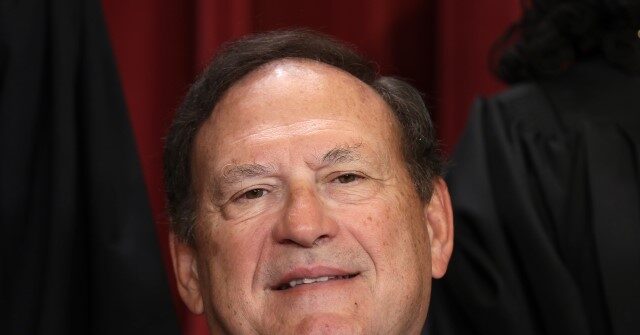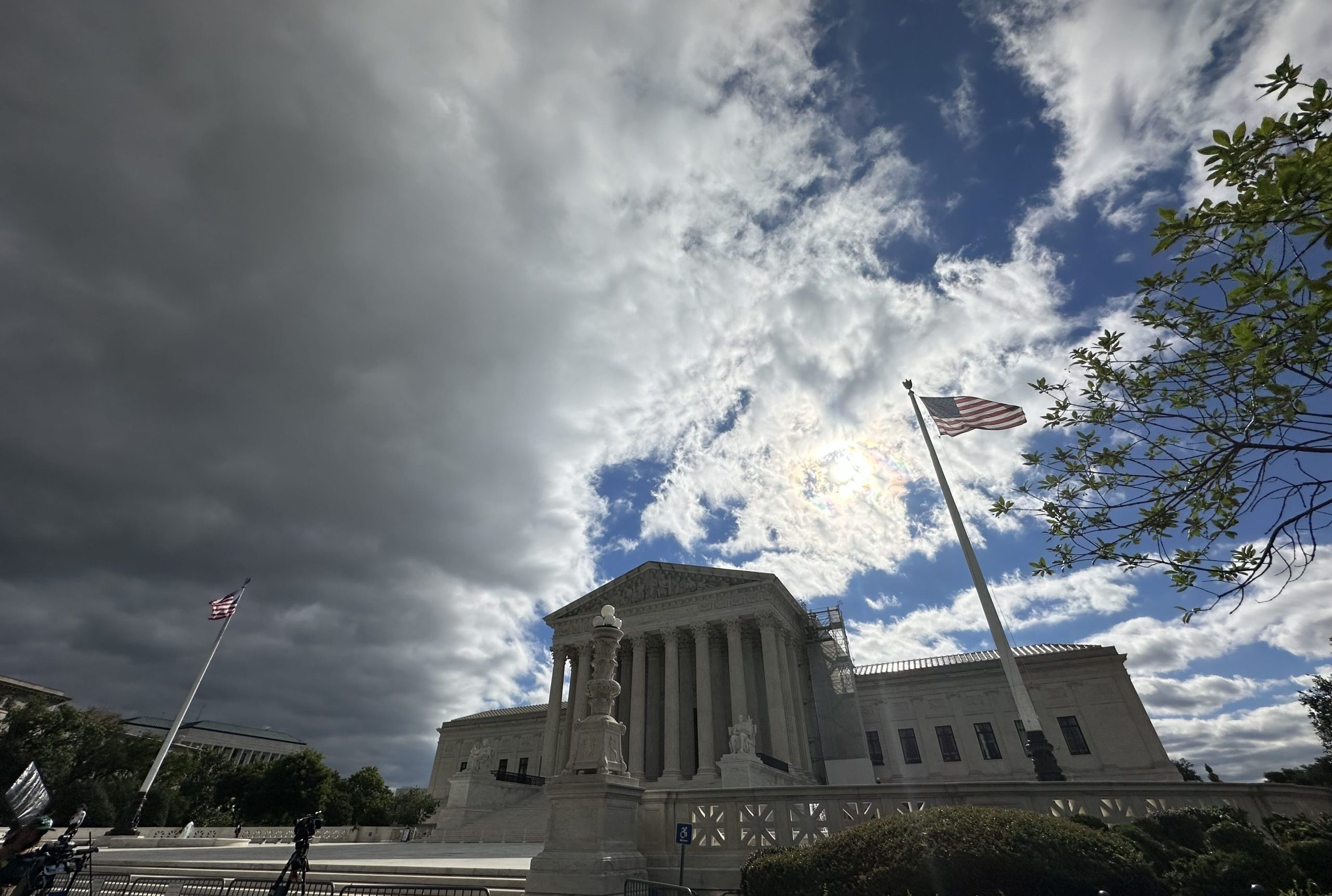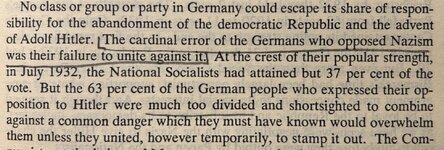I think the point he was trying to make was that the individual groups (Communists, Social Democrats the Social trade Union,etc.) were so interested in maintaining and growing their individual power, that even though they knew the National Socialists could be an overwhelming political power, they could not temper (even for a short time) their own ambitions by sharing power with their OTHER political enemies and that shortsightedness (I.e. let’s band together and fight a bigger enemy now and we will pick up our battle afterwards) resulted in zero opposition because it would have taken them ALL to oppose Hitler and ALL was something they could not allow themselves to do. There were even some who believed Nazism was inevitable, but it would be short-lived and would cause the fall of capitalism, so they preferred to sit on the sidelines, ride the tide of a small spell of Nazism, then create the Communist utopia on the other side. At this stage of the politics, there was all to play for and Hitler was merely a player, not yet the monster (at least publicly) we know him as.
Just a year after this era Shirer is talking about, the German president Hindenburg literally appointed Hitler Chancellor. As Shirer makes a point of saying, the Third Reich was inaugurated during peace time, and the German people imposed (what would become) Nazi tyranny on themselves.
As Dietrich Bonhoeffer said:
Silence in the face of evil is itself evil:
God will not hold us guiltless.
Not to speak is to speak.
Not to act is to act

 www.breitbart.com
www.breitbart.com




